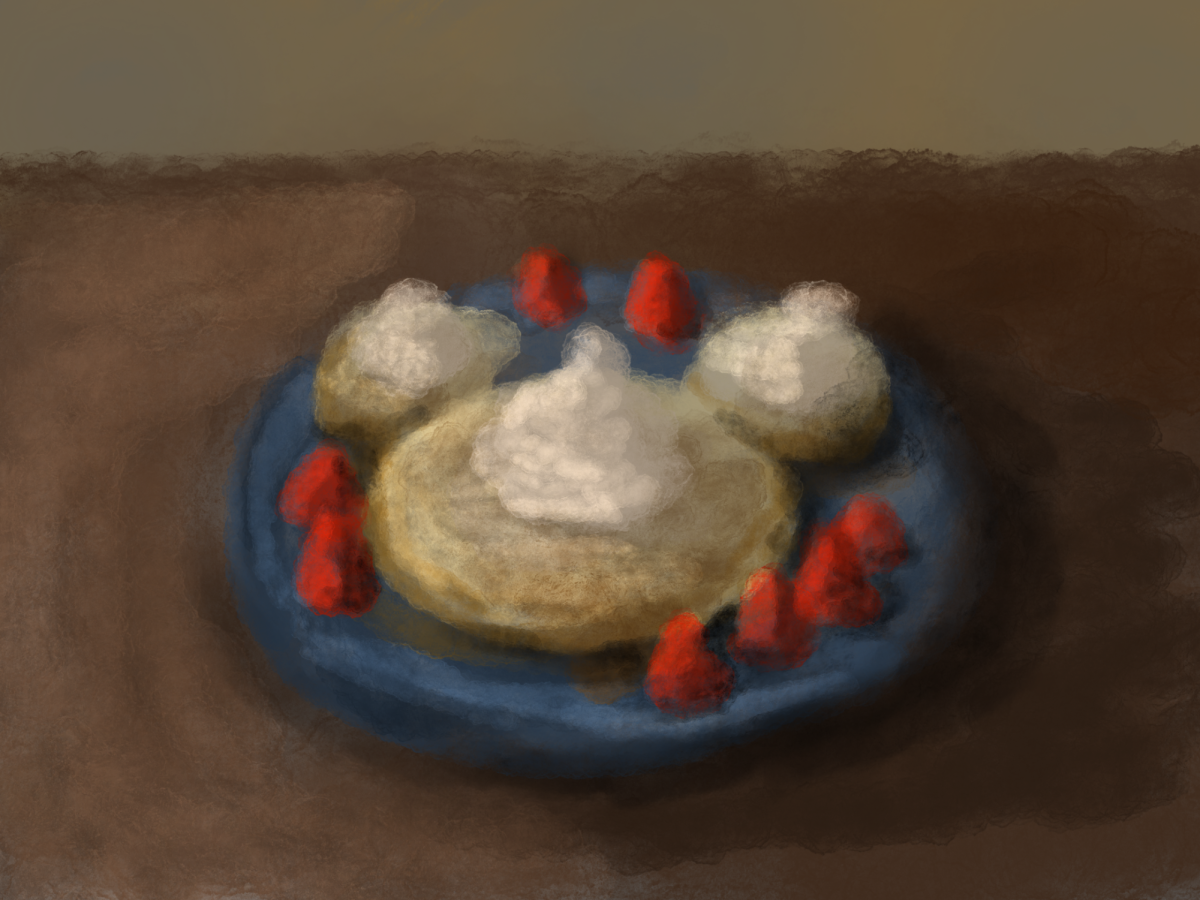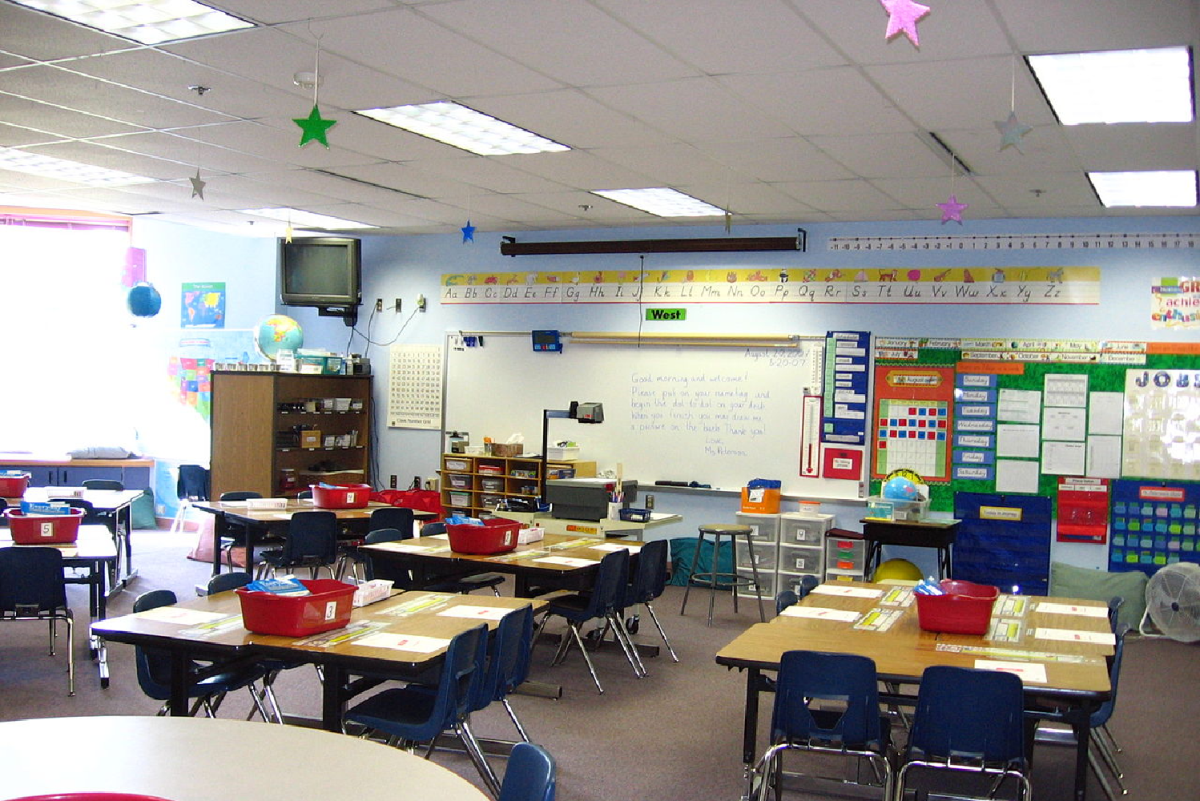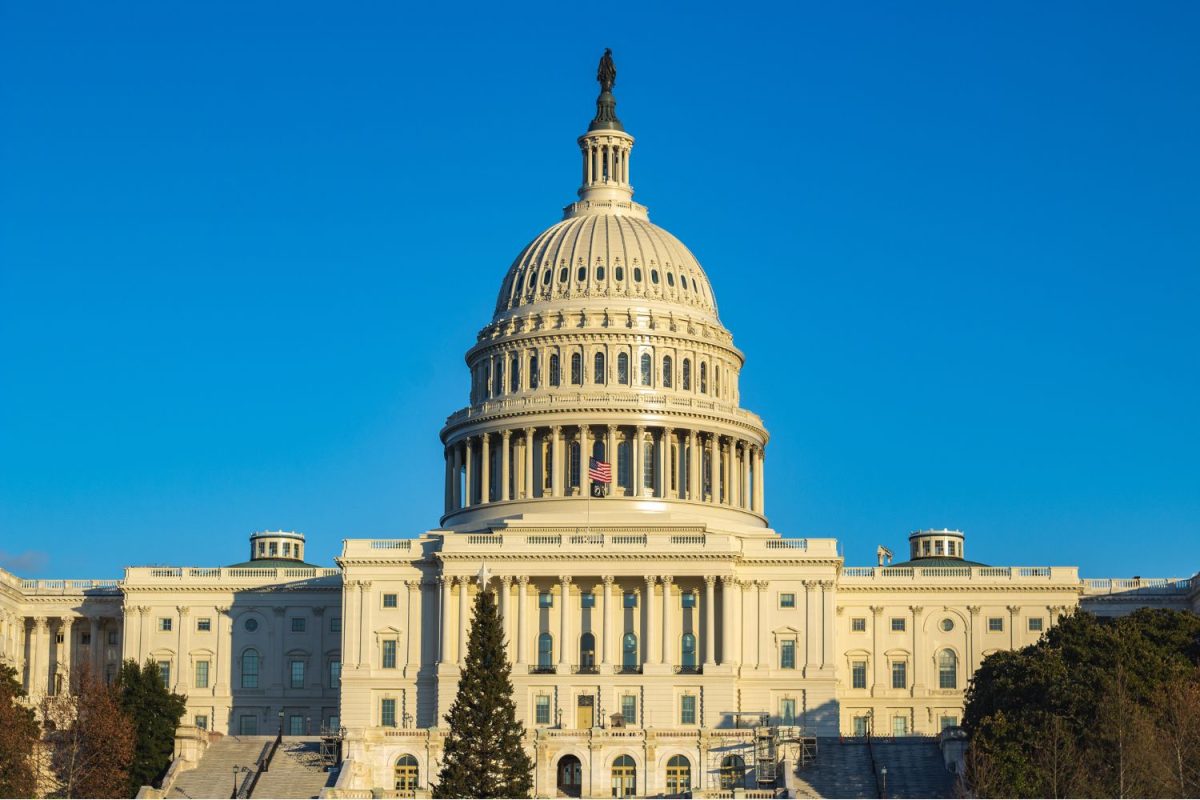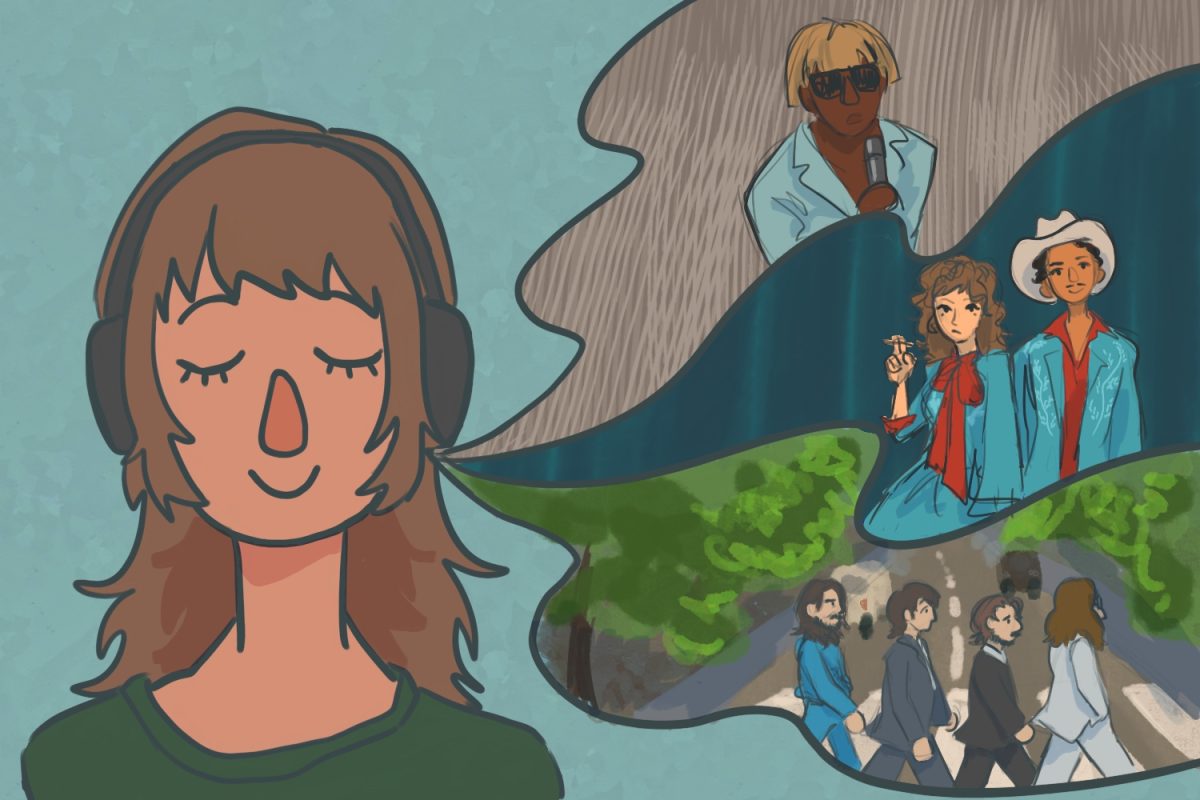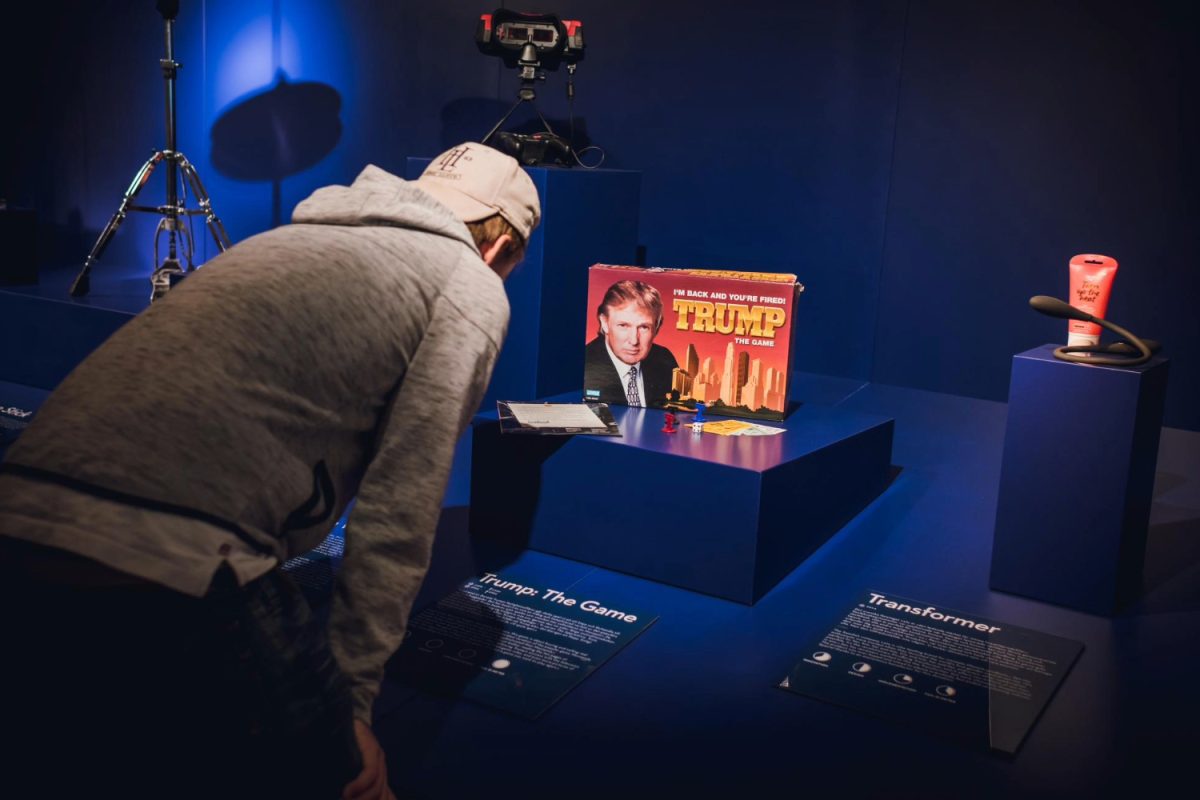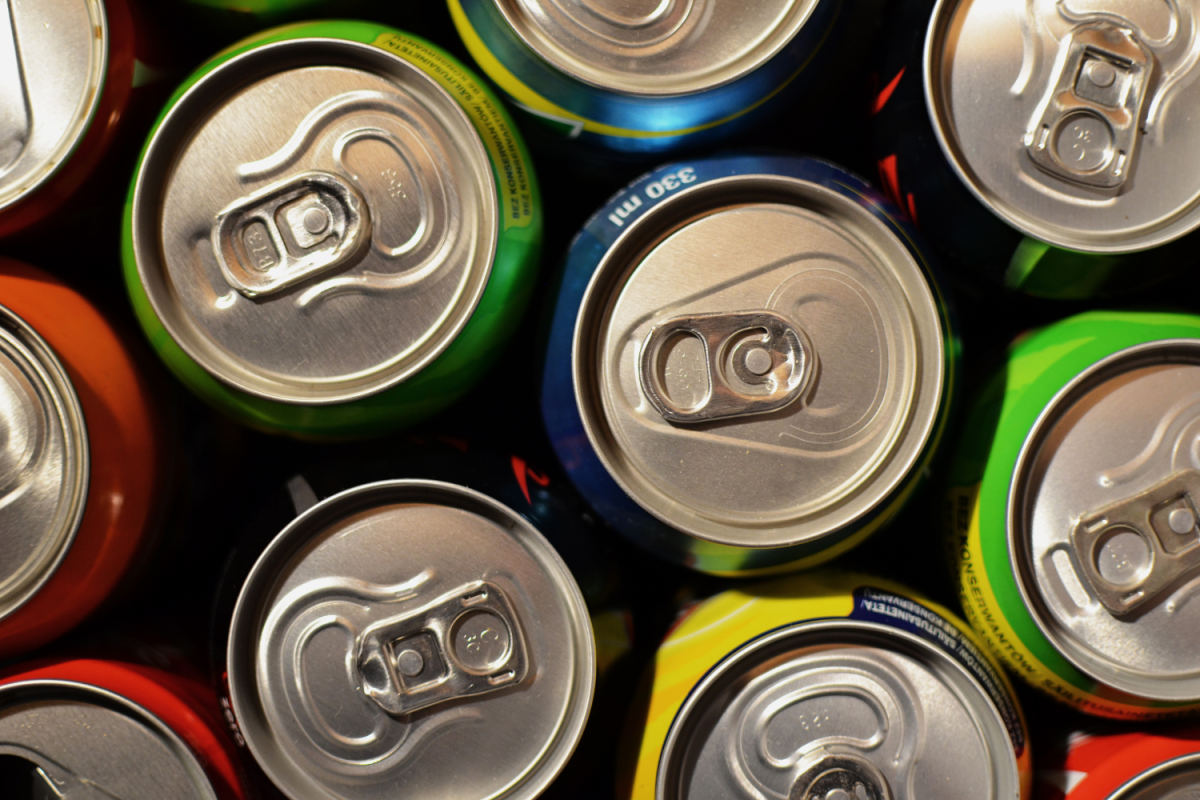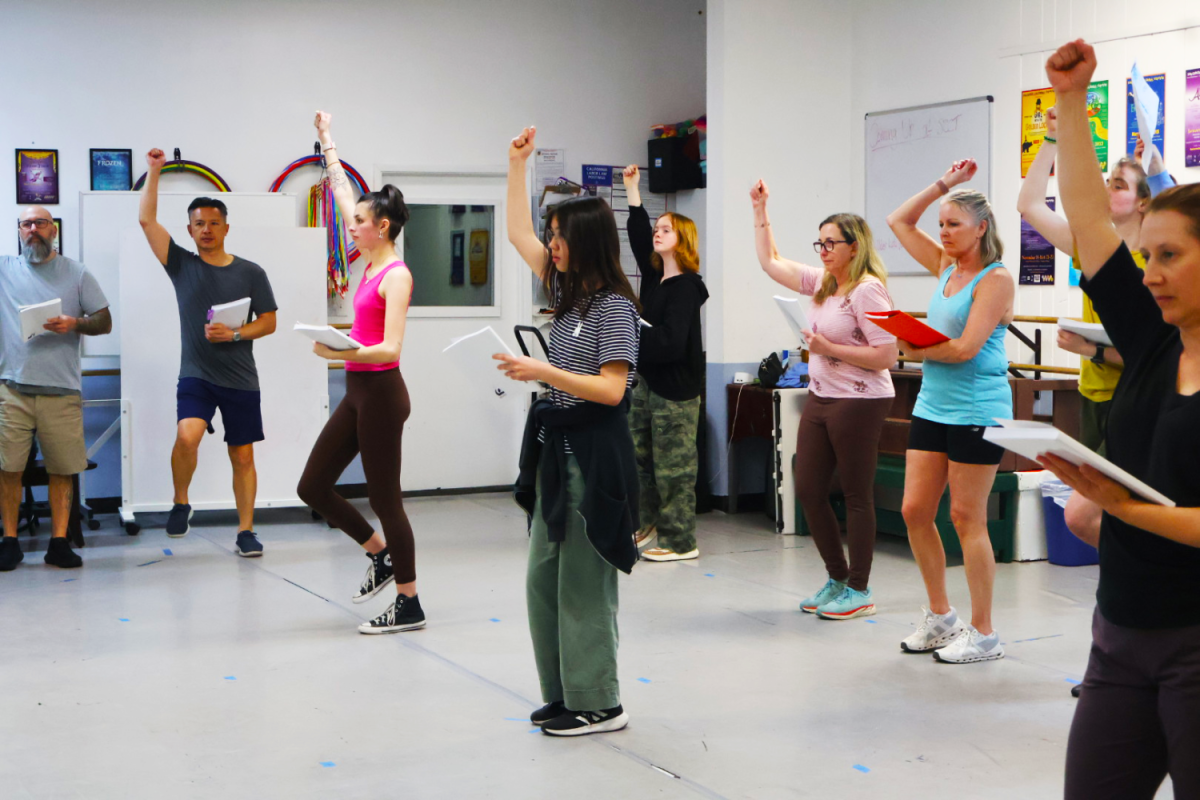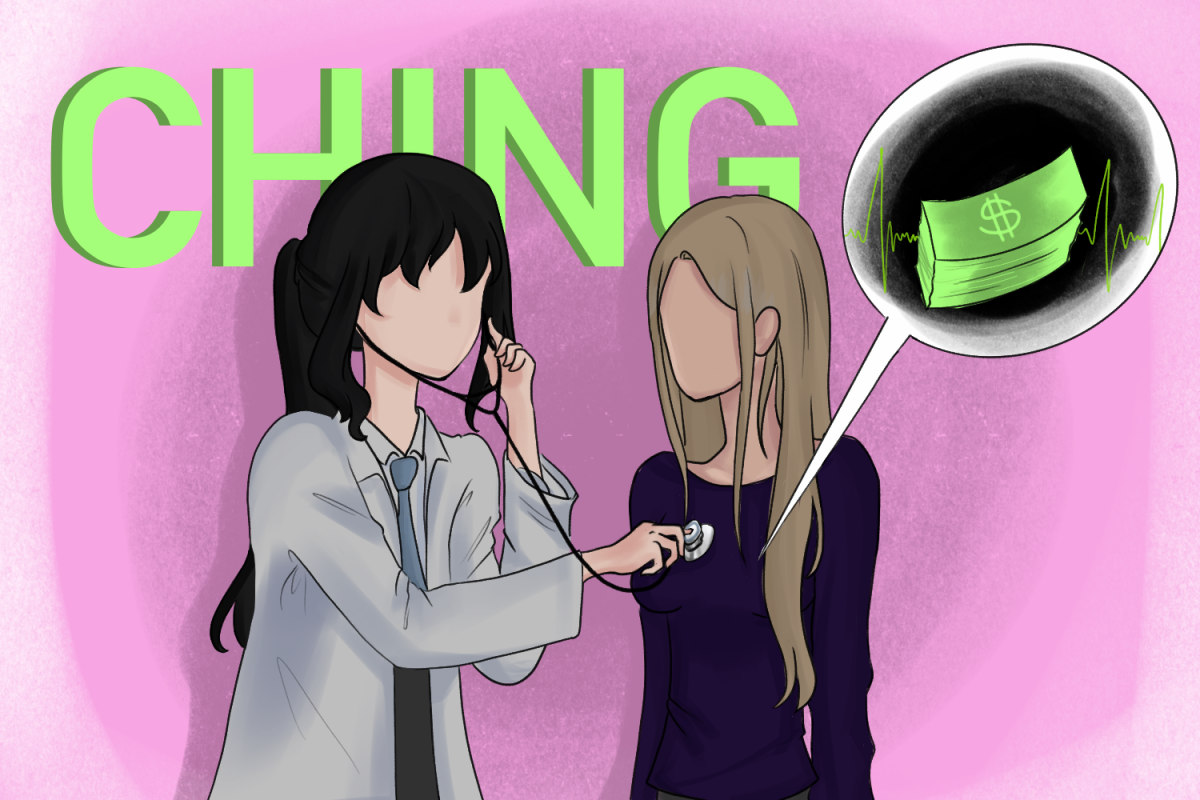Movie food has significantly impacted an industry of people, and it’s not limited to the popcorn and sour candy one might find in theaters.
From Mickey Mouse pancakes to Harry Potter’s Butterbeer and Chocolate Frogs, movie foods have become so well known that many people associate them with certain franchises. This relation between food and film allows corporations to inflate prices because of the character association and brand.
“When I went to Universal Studios for the first time, my family and I bought a bucket of popcorn just because the outside had a picture of Harry Potter characters,” said Nidhi Parvathaneni, a junior at Carlmont. “Later that day, we were tempted to buy Butterbeer, but the line was so long that we couldn’t get any.”
Food has become more than the franchise, being utilized as a significant source of profit for companies that produce these movies. In 2022, Disney made a global revenue of $6.58 billion from the park’s merchandise, beverages, and food, with $1.47 billion coming from Disneyland.
“When you are at Disneyland, a big part of the experience is food. Not generic brand food, like Coke, but something special, like the Mickey Mouse pancakes,” said August Steunenberg, a senior at Carlmont.
However, not all customers are satisfied with the food products.
“It feels disingenuous because companies are using characters to make more money. It doesn’t have anything to do with the actual character. They are just trying to get more money out of you. Sometimes it makes me dislike the product entirely,” said Jax Manning, a junior at Carlmont.
Additionally, there is a lack of inexpensive food in the parks. It can cost a family of four about $50 to $60 to eat at a Disney Quick Service restaurant. The cost jumps to $70 to $80 if two people order desserts.
Similarly, at Universal Studios Hollywood, a family of four can spend up to $50 to $70 on food and drinks daily. With approximately 9.6 million people visiting Universal Studios in 2023, the revenue from food is a crucial source of income that parks easily capitalize on.
“I know many people walk around with food in their hands at theme parks, popularizing certain items for the public. This probably boosts company sales greatly because of the popularity of such items,” Parvathaneni said.
Research suggests the immersive food experience can enhance people’s time at theme parks. Food creates a separate experience within the park, exciting people to try new things that cannot be found elsewhere.
“I feel like if I go to Disneyland and don’t get food, it wasn’t a wasted trip, but instead, that a part of the trip was missing,” Steunenberg said.

